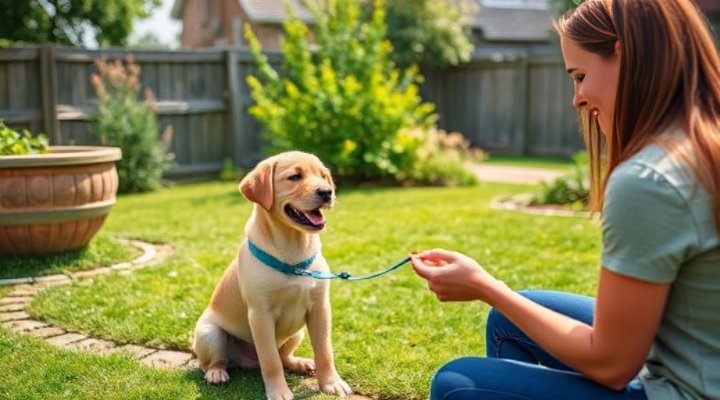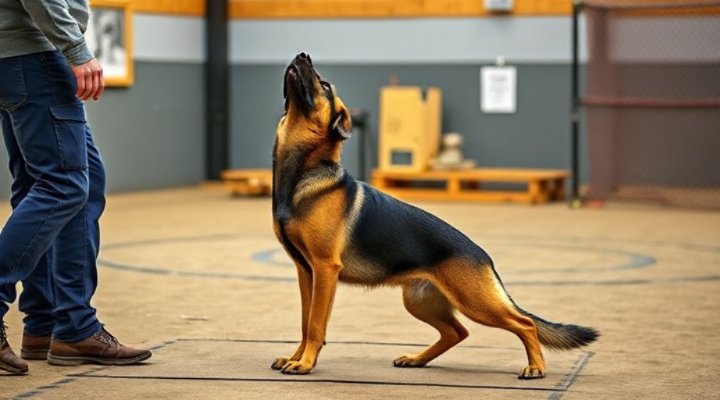Bringing home a new puppy is an exciting adventure, but it also comes with the important responsibility of proper training. A well-structured puppy training schedule by age is crucial for shaping your dog’s behavior and ensuring they grow into a well-adjusted adult. This comprehensive guide breaks down the essential training milestones for each developmental stage, from those first wobbly weeks to confident adulthood.

Newborn to 8 Weeks: The Foundation Phase
The first two months of a puppy’s life are primarily about bonding and basic socialization. During this period, the mother dog and breeder handle most of the early training. However, if you’re fostering a very young puppy, you’ll need to step into this role. The Puppy Training Tips article on our site covers additional foundational techniques.
Key training focuses for this stage include:
- Gentle handling to build trust
- Introduction to different textures and surfaces
- Positive exposure to normal household sounds
- Beginning crate familiarity (for puppies staying with you)

8-12 Weeks: Essential Puppy Training Begins
This is when most puppies come home and your active training begins. The American Veterinary Society of Animal Behavior recommends starting positive reinforcement training as early as possible. Focus on these areas:
Basic Commands
Start with simple commands like ‘sit’, ‘come’, and their name recognition. Keep sessions short (5-10 minutes) and always end on a positive note.
House Training
Establish a consistent bathroom schedule, taking your pup out after meals, naps, and play sessions. Our Crate Training Guide can help with this process.

3-6 Months: Expanding the Training Repertoire
As your puppy grows, so should their training. This is the perfect time to introduce more complex commands and begin addressing any behavioral issues. According to a American Kennel Club study, this age is crucial for preventing future behavior problems.
Important training elements for this stage:
- Leash walking skills
- Extended ‘stay’ commands
- Proper greeting behavior
- Continued socialization with people and animals

6-12 Months: Adolescent Refinement
Many owners notice their puppy’s behavior seems to regress during adolescence. This is completely normal! Stay consistent with your puppy training schedule by age and you’ll get through this phase.
Focus areas include:
- Reinforcing all previous training
- Adding distance and distractions to commands
- Addressing any new behavioral challenges
- Beginning specialized training if desired (agility, therapy work, etc.)

12-18 Months: Adult Dog Training
Congratulations! Your puppy is now an adult. While the intensive training phase is over, maintenance is key. Continue practicing commands regularly and consider advanced training classes to keep your dog mentally stimulated.
Remember, every dog is unique. Some may progress faster or slower than this general puppy training schedule by age. The most important things are consistency, patience, and making training a positive experience for both of you.
For more specific training advice, check out our Dog Training Tips section. And don’t forget – the bond you build through training will last a lifetime!
Related Keywords: puppy training timeline, age-based dog training, puppy development stages, puppy obedience training, dog behavior by age
